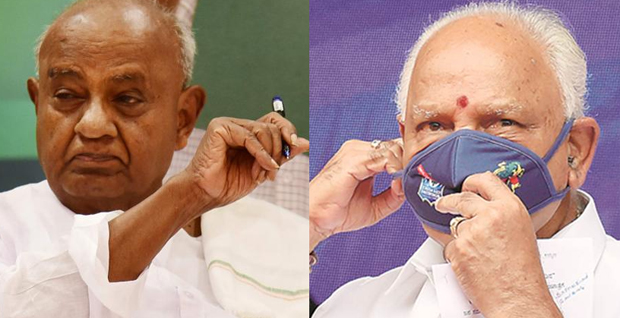Mandya, Apr 24: Actor-cum-politician M A Ambareesh, who was asked by Congress to contest from Mandya constituency, announced his retirement from electoral politics, on Tuesday, the last day to file nomination papers for May 12 Karnataka assembly polls.
I am growing old. I don’t want to contest the elections. Let the party field anybody from Mandya constituency,” the 66-year old leader told reporters. The Congress had given him the ticket to contest from Mandya. But he had not collected the 'B' form from the party.
The “rebel star’’ said he cannot campaign in the election because of ill health. “I cannot do justice to people of the constituency even if I am elected. Hence, the decision to retire from the electoral politics,” he stated.
The Congress leader took exception to Chief Minister Siddaramaiah contesting from two constituencies, saying that it sends out a wrong message. “He (Siddaramaiah) had been saying that he will contest from Chamundeshwari. And he should have stuck to his stand. Losing and winning are common in politics. A leader has to fight,” he added.





Comments
Kudka rascal ! better retire and rest before his liver gives up !
His intention is different. Anyways happy "electoral politics" retirement life
Realisation. Age and ill mellowed him
Ambareesh I am a fan of you.. real hero
It's a lesson for HDK. HDK taking advantage by telling his illness. shameless
Old leaders should retire from congress and should give chance for young talents to loot money
Politicians should learn from this.
True rebel star in politics also
Add new comment